Learn more about our impact
Learn more about our impact
- What we care about
- People
- Places
- Species
- Climate crisis
- Sustainability
- How we work
- Public policy
- Science
- Business
- Wildlife conservation
About WWF
WWF works to sustain the natural world for the benefit of people and wildlife, collaborating with partners from local to global levels in nearly 100 countries.
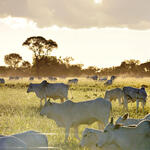 Beef
Beef
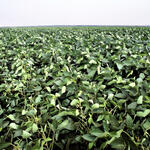 Soy
Soy
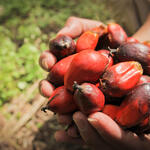 Palm Oil
Palm Oil
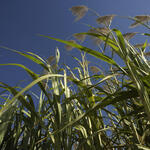 Sugarcane
Sugarcane
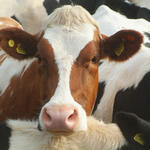 Dairy
Dairy
 Cotton
Cotton
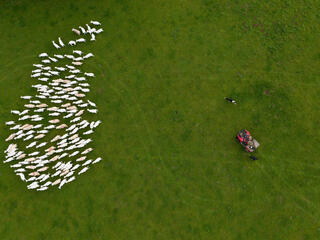
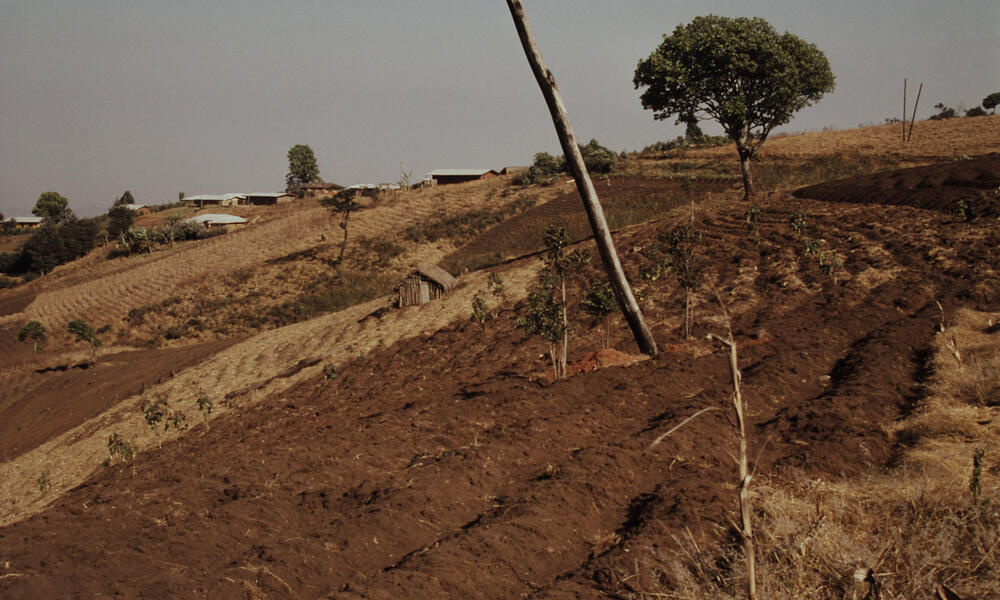
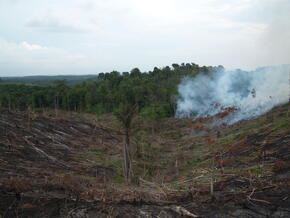
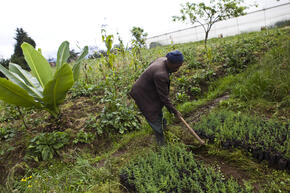
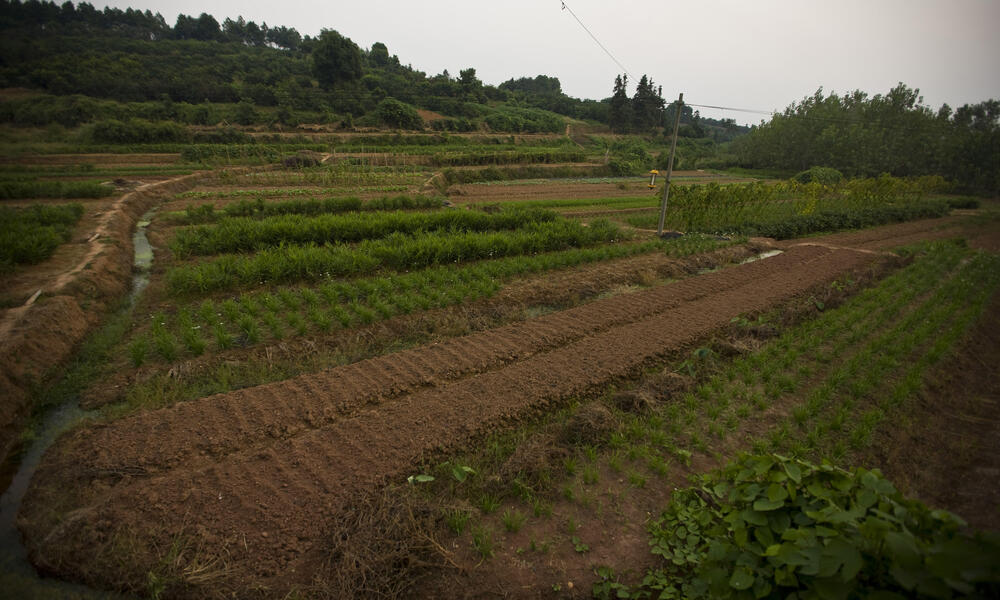
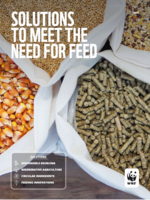
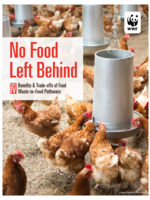
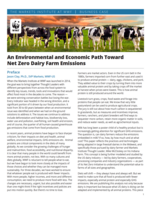
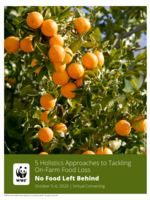
 Jason Clay
Senior Vice President, Markets | Executive Director, Markets Institute
Jason Clay
Senior Vice President, Markets | Executive Director, Markets Institute
 Pete Pearson
Senior Director, Food Loss and Waste
Pete Pearson
Senior Director, Food Loss and Waste
 Melissa D. Ho
Senior Vice President, Freshwater and Food
Melissa D. Ho
Senior Vice President, Freshwater and Food
 Corey L. Norton
Vice President, Supply Chain Legality, Markets Institute
Corey L. Norton
Vice President, Supply Chain Legality, Markets Institute